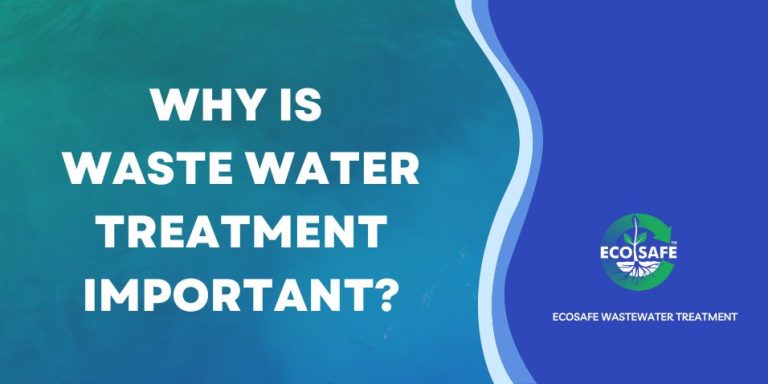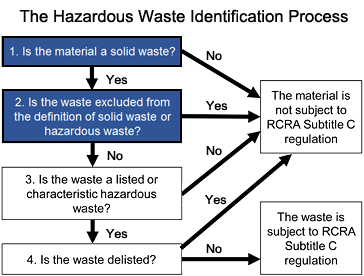See This Report on Reclaim Waste
See This Report on Reclaim Waste
Blog Article
6 Simple Techniques For Reclaim Waste
Table of ContentsSee This Report about Reclaim WasteThe Main Principles Of Reclaim Waste The Best Guide To Reclaim WasteEverything about Reclaim WasteThe 10-Minute Rule for Reclaim Waste
Discover the types, events, and forms of fluid waste. Residential sewer waste refers to the waste and products from a household septic system. This type of waste is produced by humans in residences, schools, and other buildings. This only consists of septic systems that have a drainpipe field. The appropriate monitoring and disposal of residential sewer waste require liquid waste to be transferred to a sewer treatment plant where the correct methods and devices are put on detoxify and get rid of waste.
Industrial waste usually consists of potential threats, such as combustible materials or a mix of fluid and solid waste products, and calls for an advanced and detailed disposal procedure. The disposal of business waste typically entails the filtering of waste prior to transport to make certain safe and appropriate disposal. Hazardous waste is created from by-products and runoff of commercial procedures and manufacturing.
This type of waste can not use the exact same sewer administration transport or procedures as septic or industrial fluids. The industrial waste management process requires the examination and testing of fluid waste prior to it undergoes the disposal procedure (industrial wastewater treatment). Drainage waste is the fluid waste that originates from overflow and excess stormwater in extremely populated areas or cities
Drainage waste can trigger contamination and flooding if not handled properly. Discover extra regarding sewage system cleaning and waste management. Ensuring correct waste administration can protect against catastrophes and decrease ecological harm. Both people in domestic settings and specialists in industrial or manufacturing industries can benefit from recognizing the procedures and policies of fluid waste monitoring.
Reclaim Waste for Beginners
Call PROS Solutions today to discover our waste administration and disposal services and the correct methods to care for the liquid waste you generate.
(https://slides.com/reclaimwaste1)This so-called 'wastewater' is not just an important source but, after therapy, will be launched to our land, waterways or the sea. Made use of water from bathrooms, showers, baths, cooking area sinks, laundries and industrial procedures is recognized as wastewater.

water utilized to cool down equipment or tidy plant and devices). Stormwater, a type of wastewater, is drainage that flows from agricultural and metropolitan locations such as roof coverings, parks, gardens, roads, paths and seamless gutters right into stormwater drains, after rainfall. Stormwater streams without treatment straight to neighborhood creeks or rivers, at some point getting to the sea.
All about Reclaim Waste
In Queensland, a lot of wastewater is treated at this contact form sewer treatment plants. Wastewater is delivered from domestic or commercial websites via a system of drains and pump stations, called sewerage reticulation, to a sewer treatment plant. Local governments construct, maintain and run most sewage therapy plants. Operators are accredited under the Environmental Management Act 1994 to discharge cured wastewater at an appropriate environmental requirement right into rivers.
The Division of Natural Resources encourages city governments concerning managing, operating and keeping sewage systems and treatment plants. In unsewered locations, regional federal governments may call for householders to set up individual or home sewer treatment systems to deal with domestic wastewater from commodes, kitchens, restrooms and washings. The Division of Natural Resources authorises using home systems when they are verified to be effective.
In some new class, therapy of some stormwater to remove clutter, sand and gravel has started using gross toxin catches. Wastewater therapy occurs in four phases: Eliminates strong issue.
Utilizes small living microorganisms recognizes as micro-organisms to damage down and get rid of remaining dissolved wastes and great particles. Micro-organisms and wastes are incorporated in the sludge.
8 Simple Techniques For Reclaim Waste
Nutrient removal is not available at all sewer therapy plants because it calls for costly specialist tools. Clear liquid effluent produced after treatment might still have disease-causing micro-organisms - liquid waste disposal melbourne.

Most wastewater streams right into the sewerage system. Under the Act, neighborhood federal governments administer approvals and licences for ecologically pertinent tasks (Periods) entailing wastewater releases that might have a neighborhood influence.
The Only Guide to Reclaim Waste
Tracking supplies accurate information concerning water high quality and can validate that licence problems are being met. The information gotten via monitoring provides the basis for making water high quality decisions.
Report this page